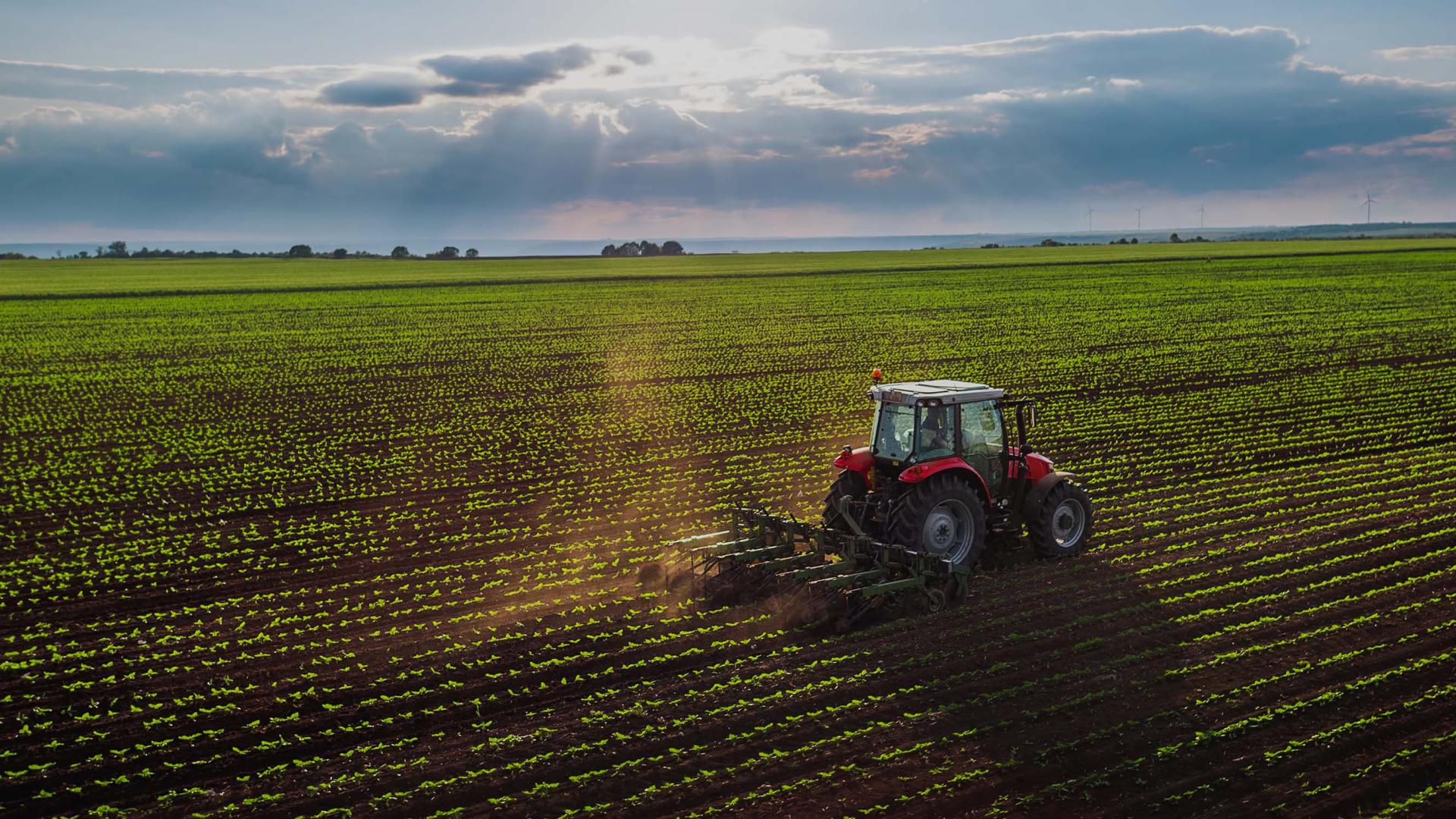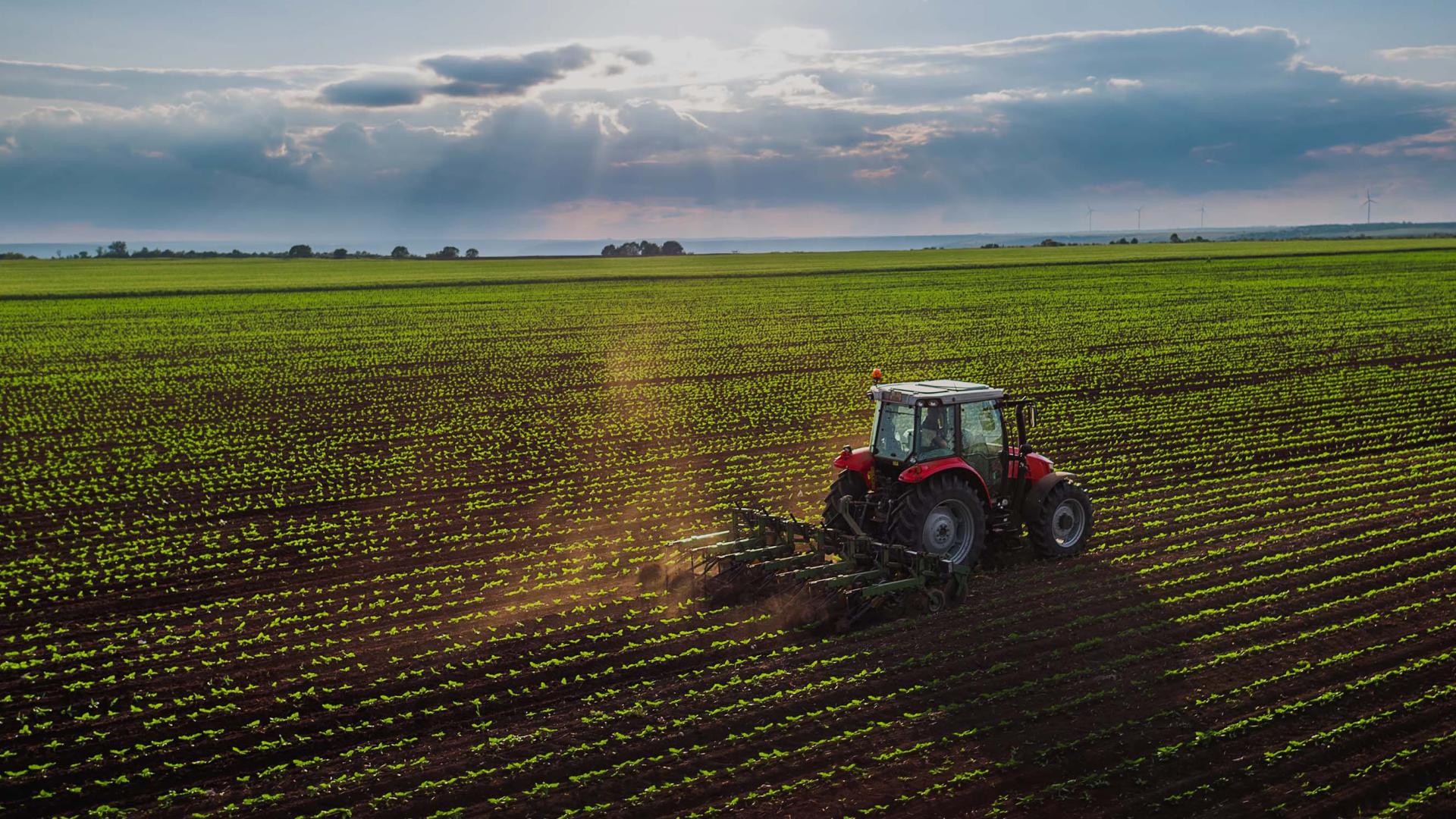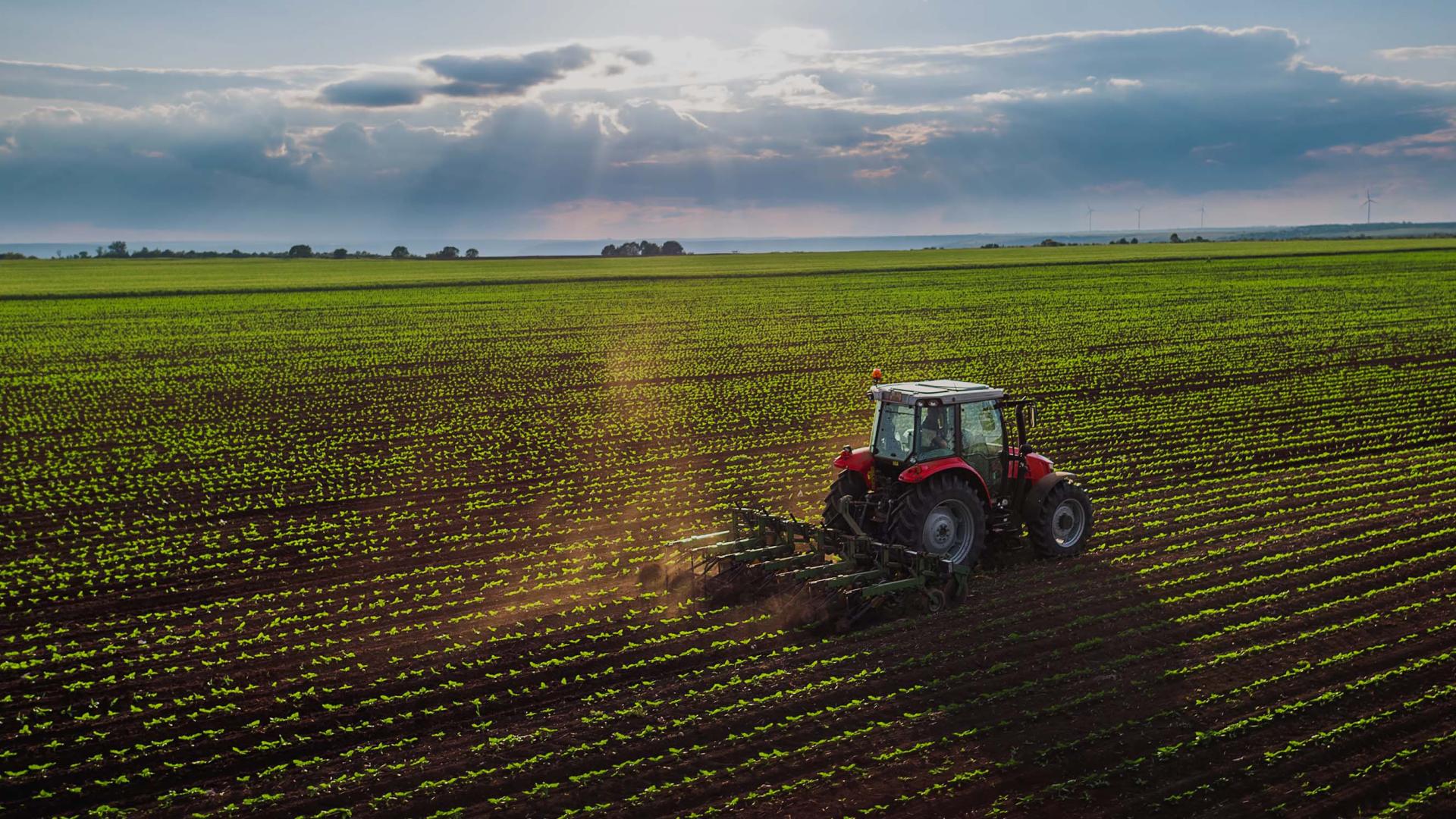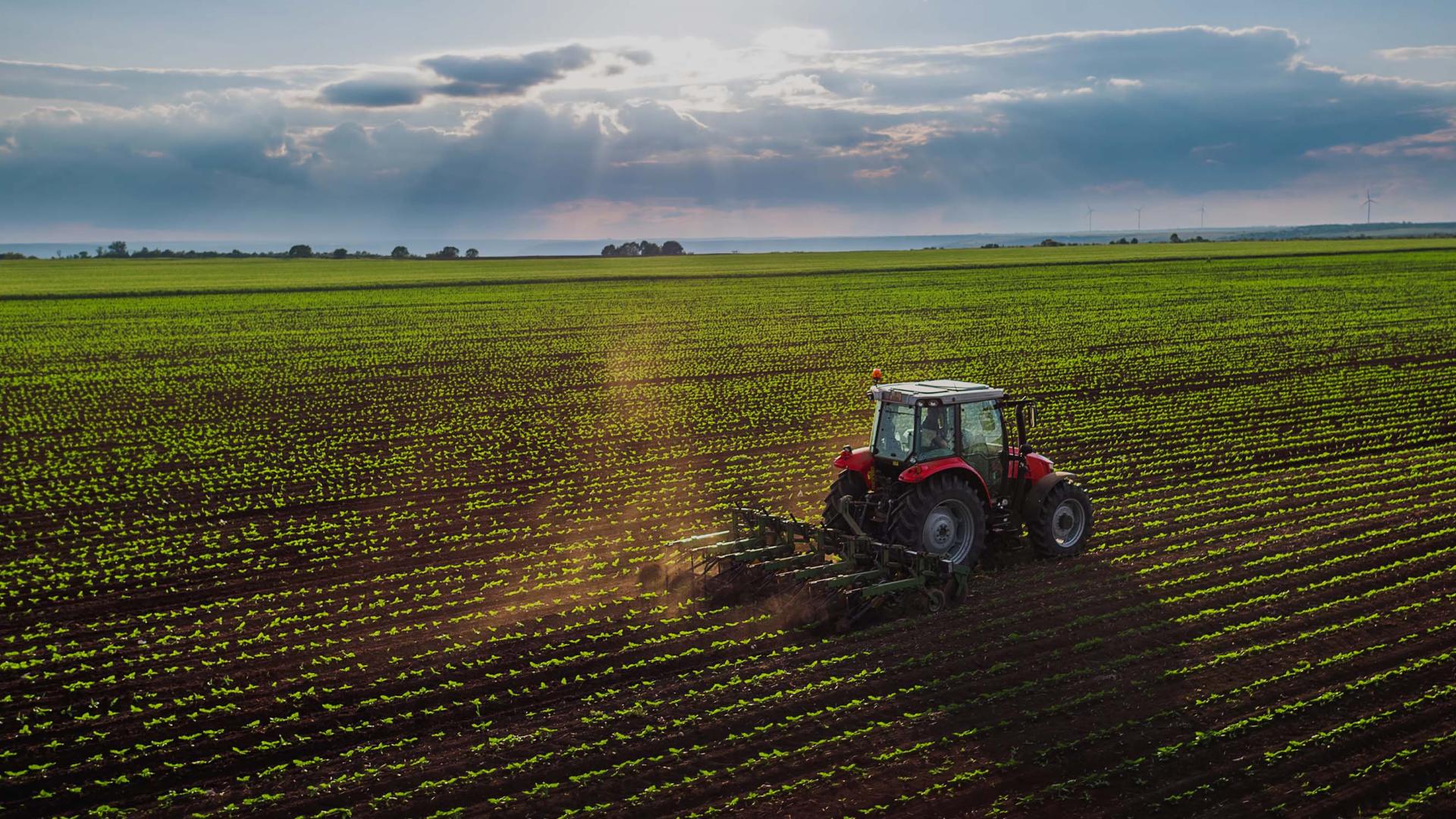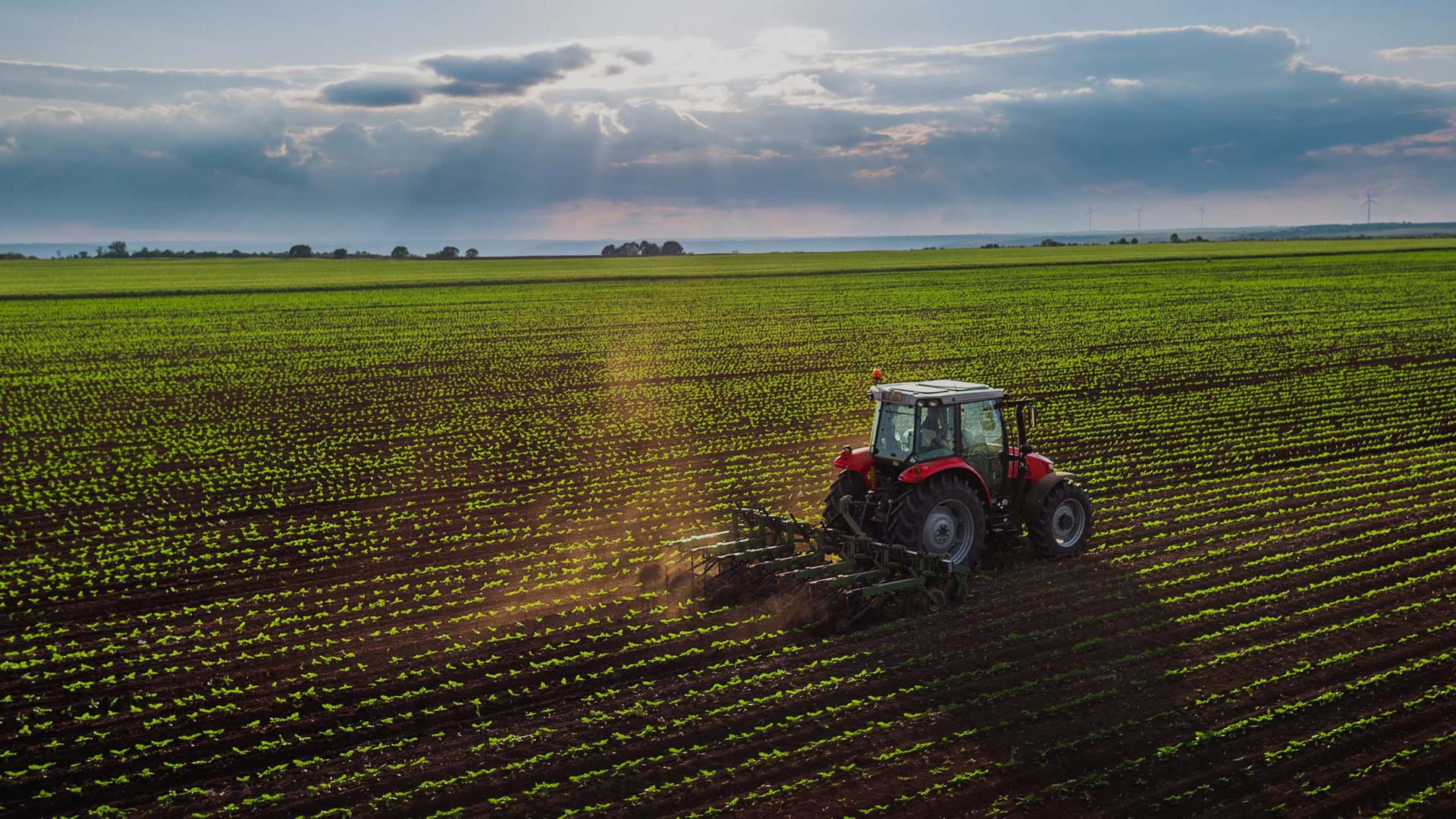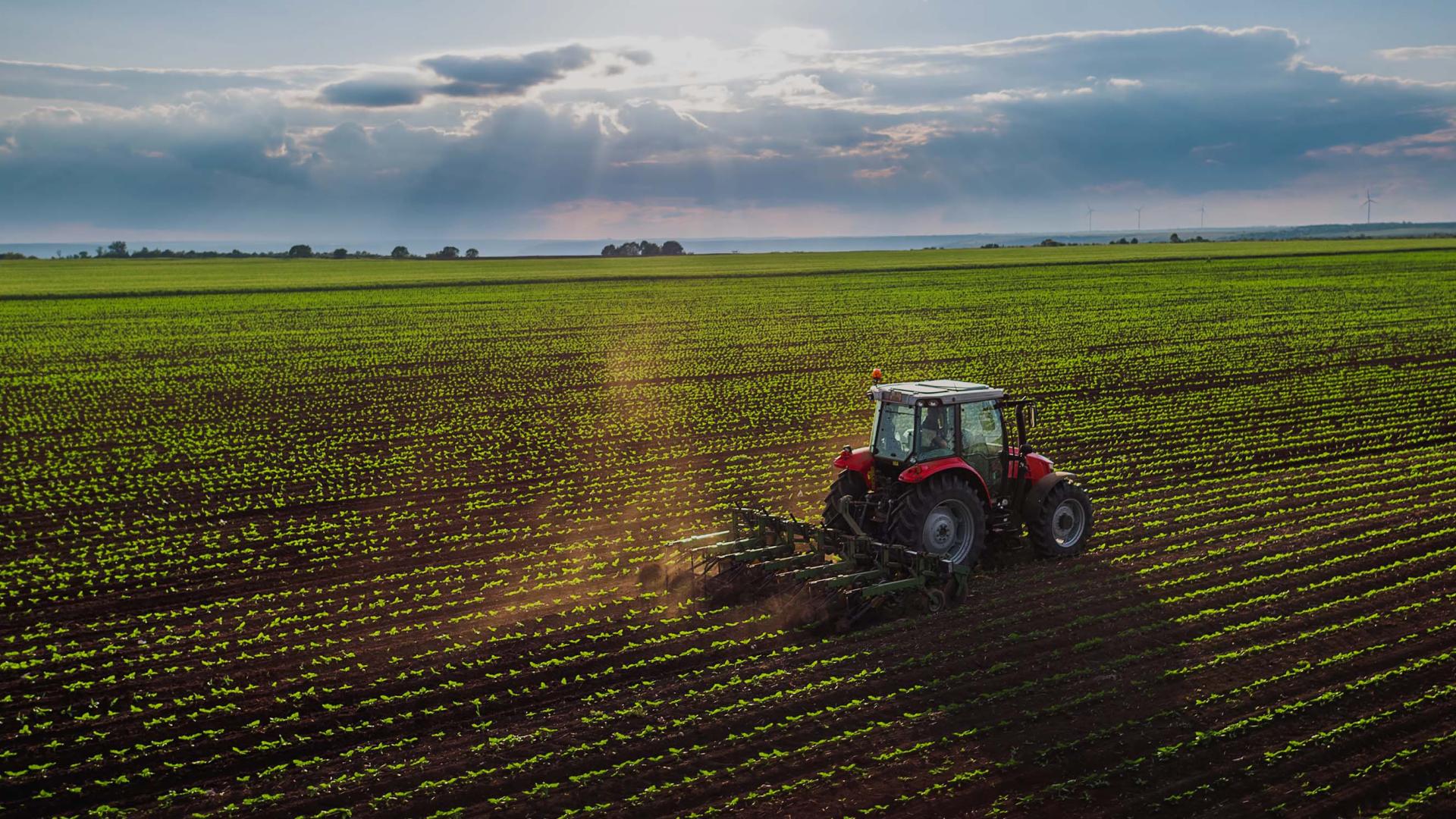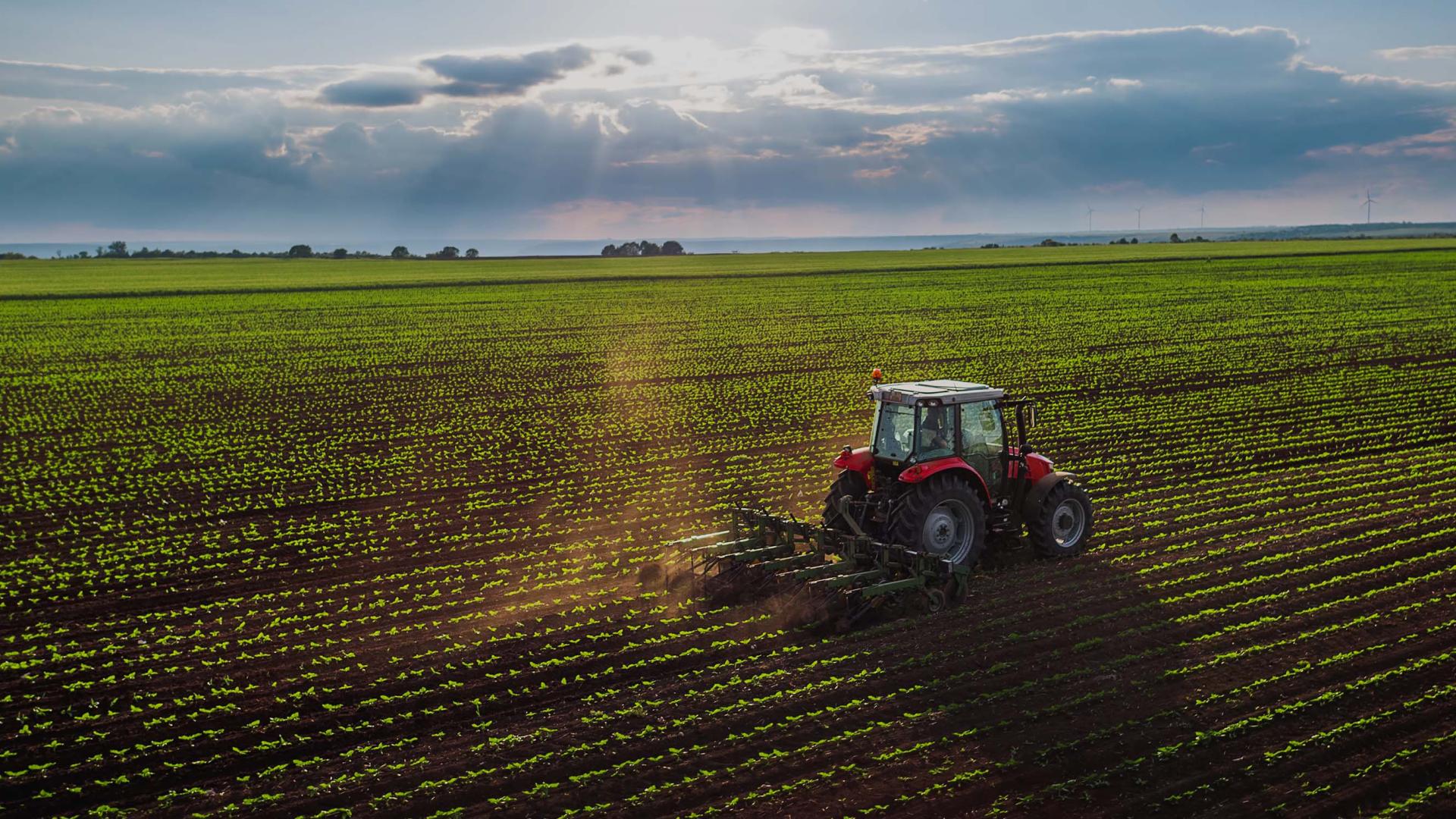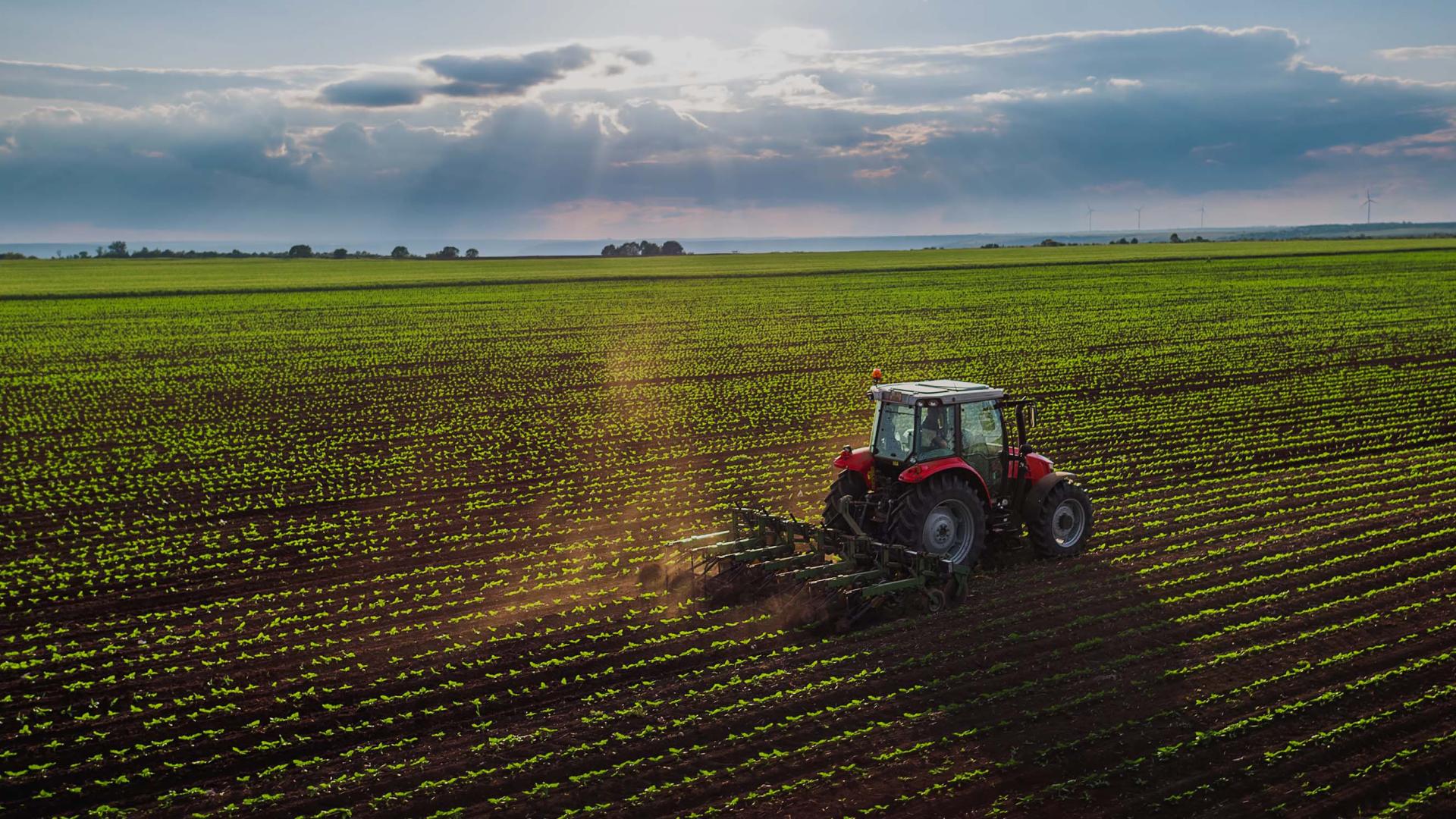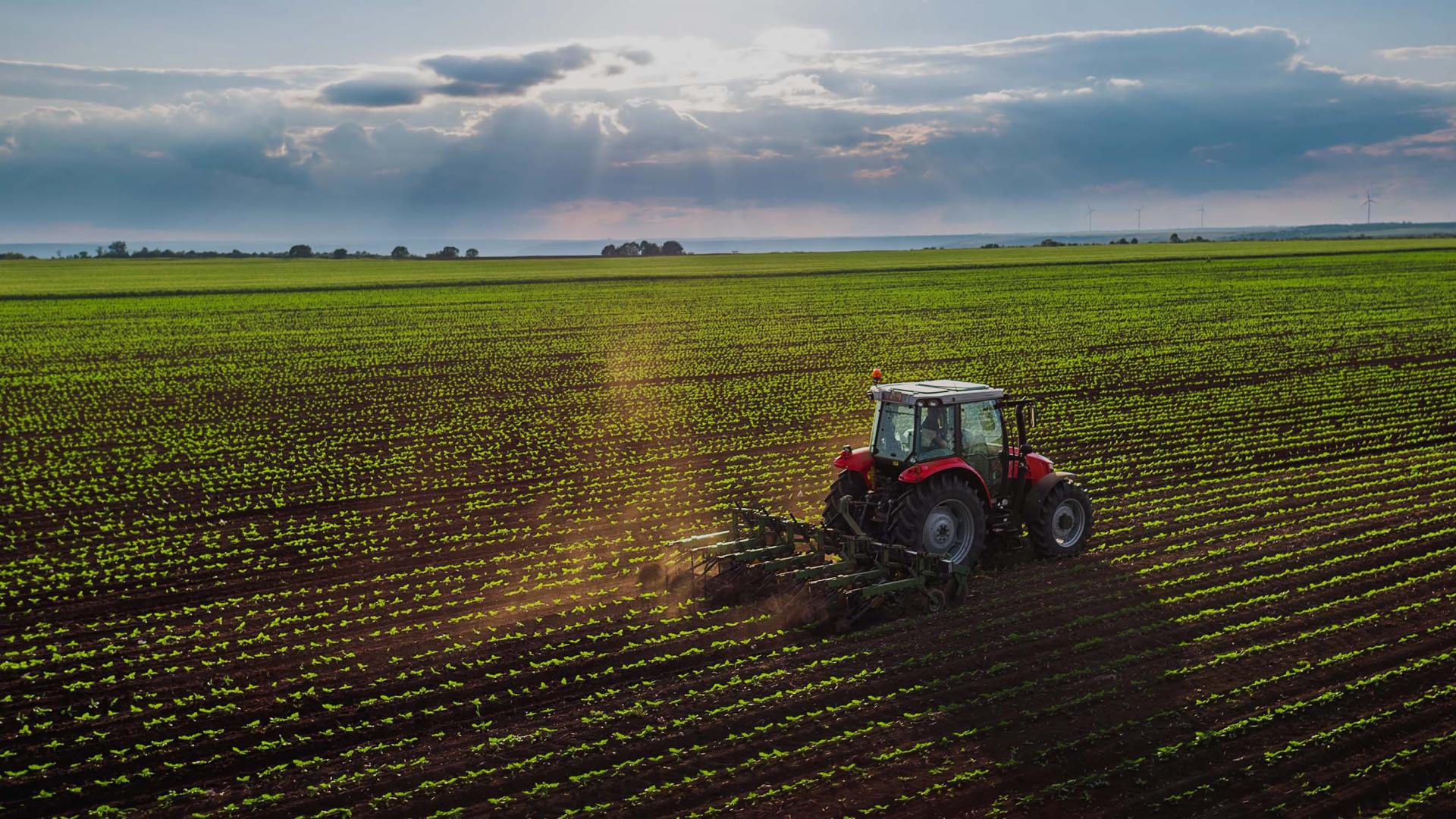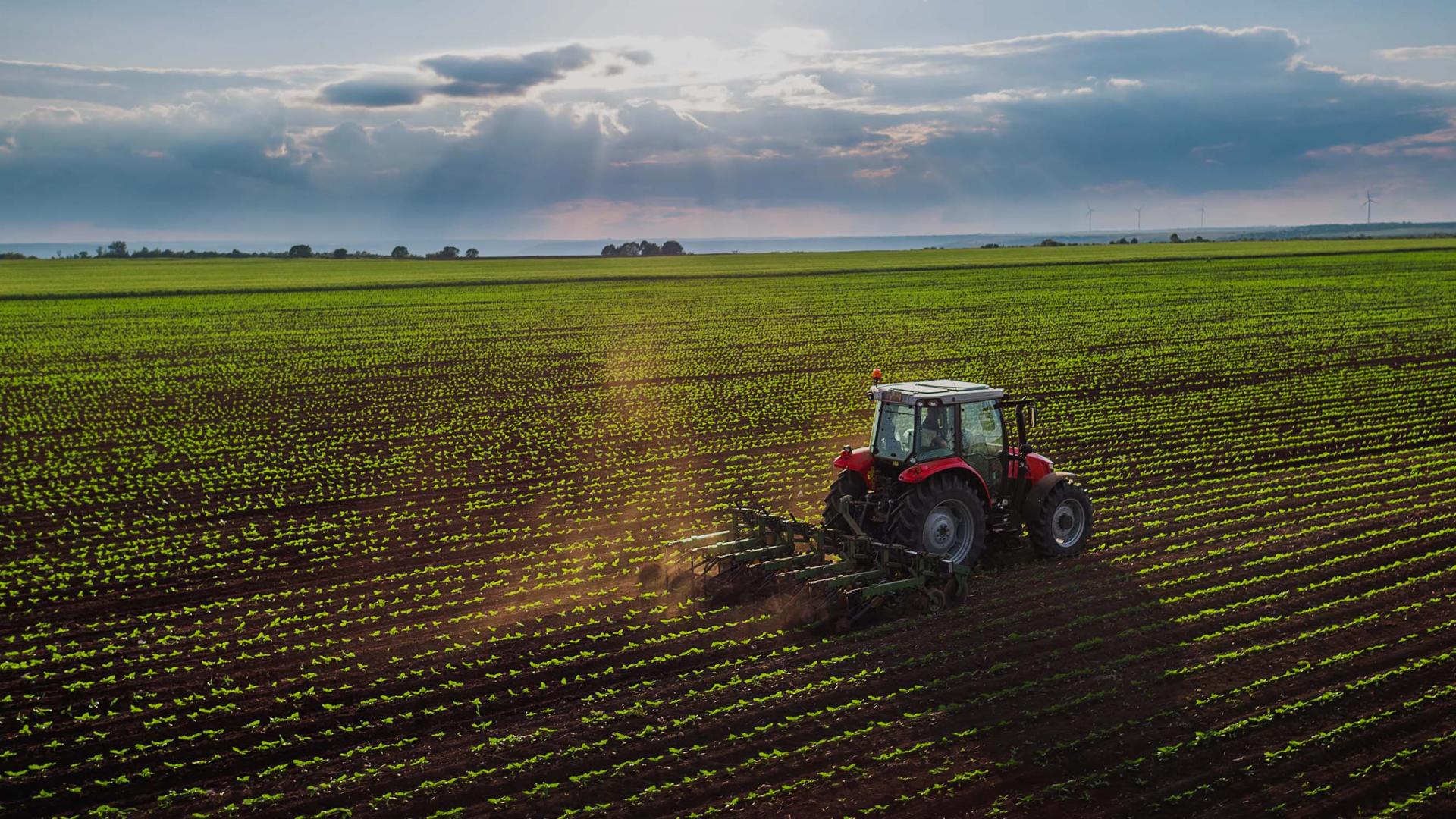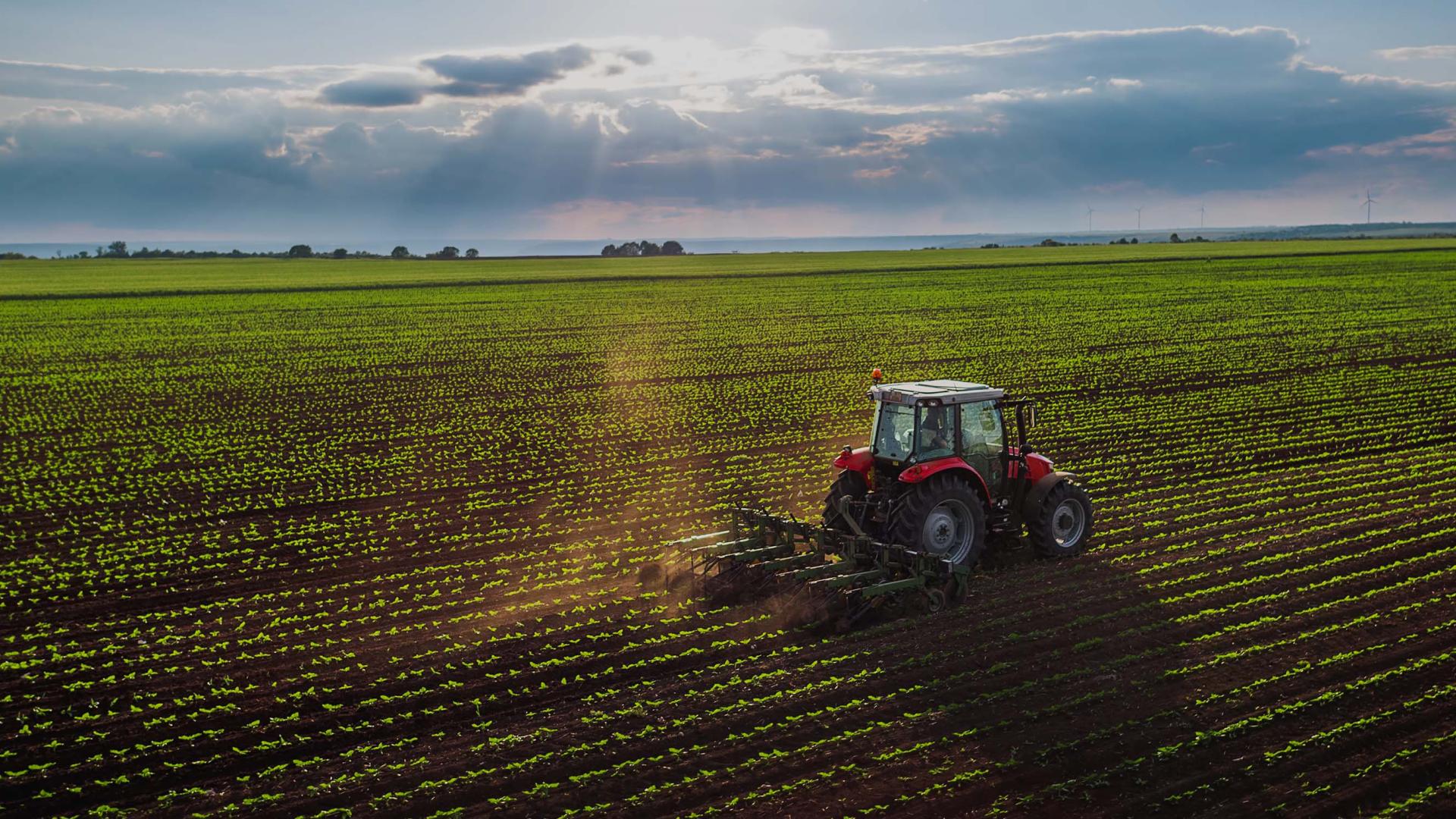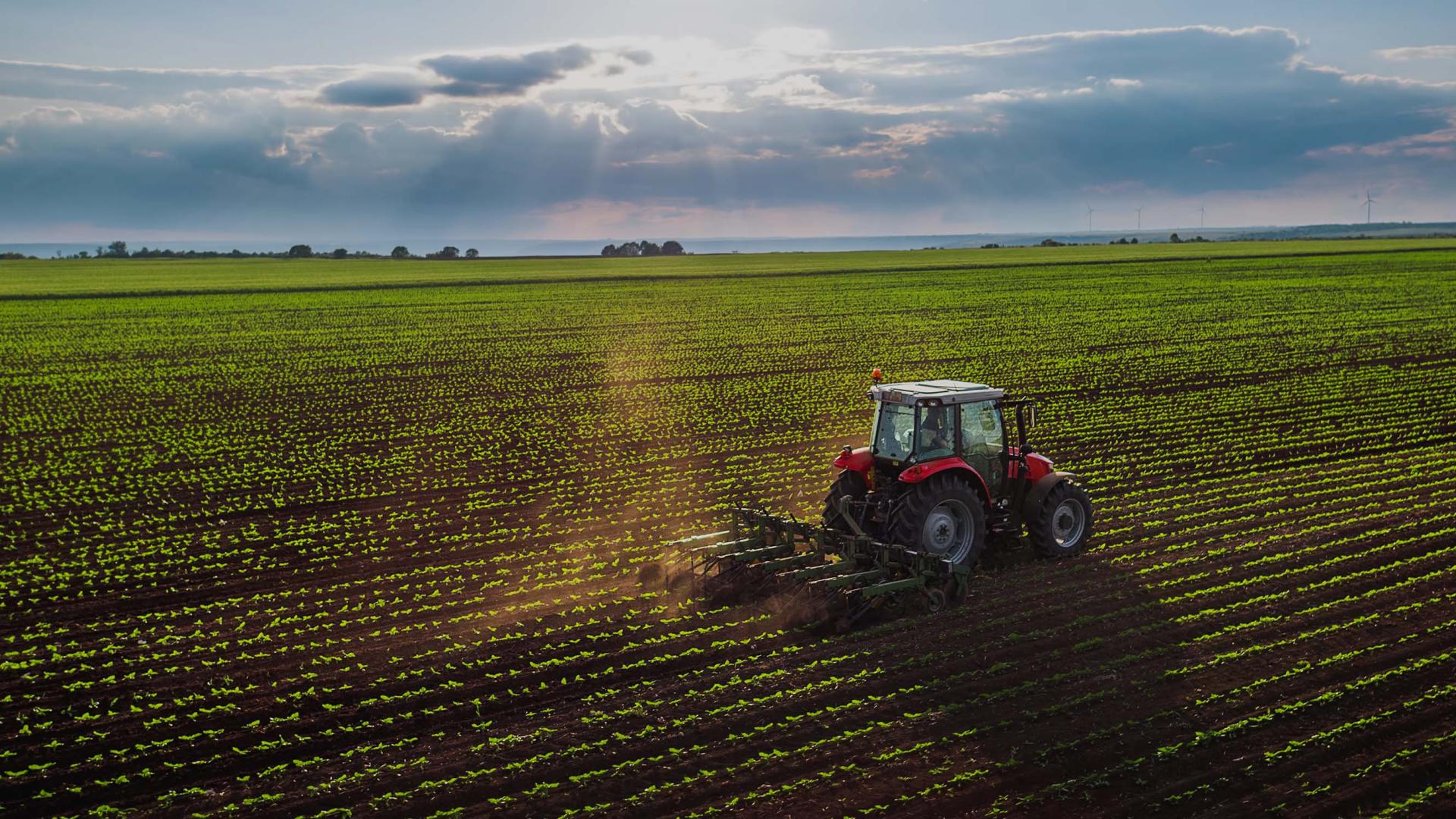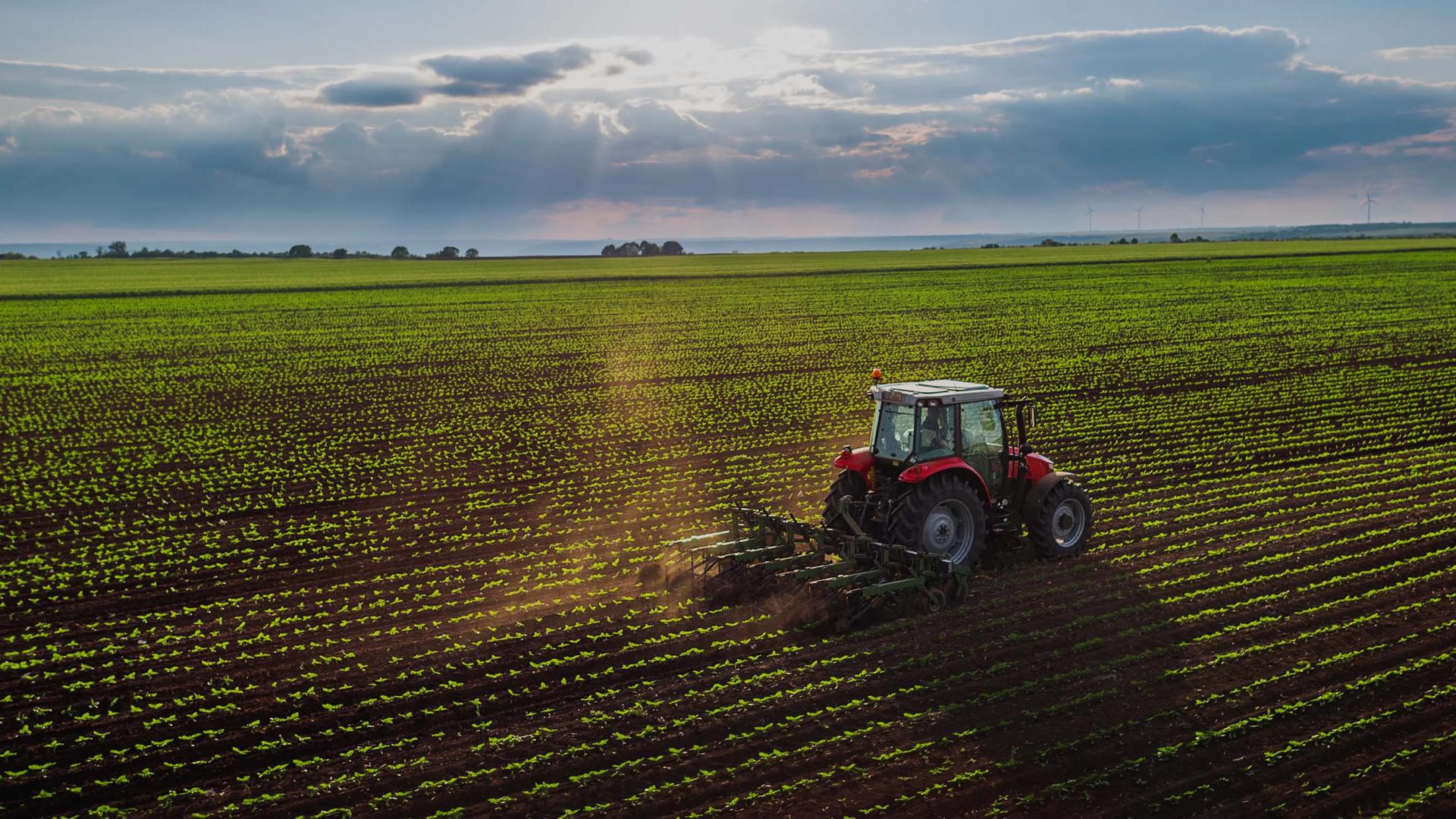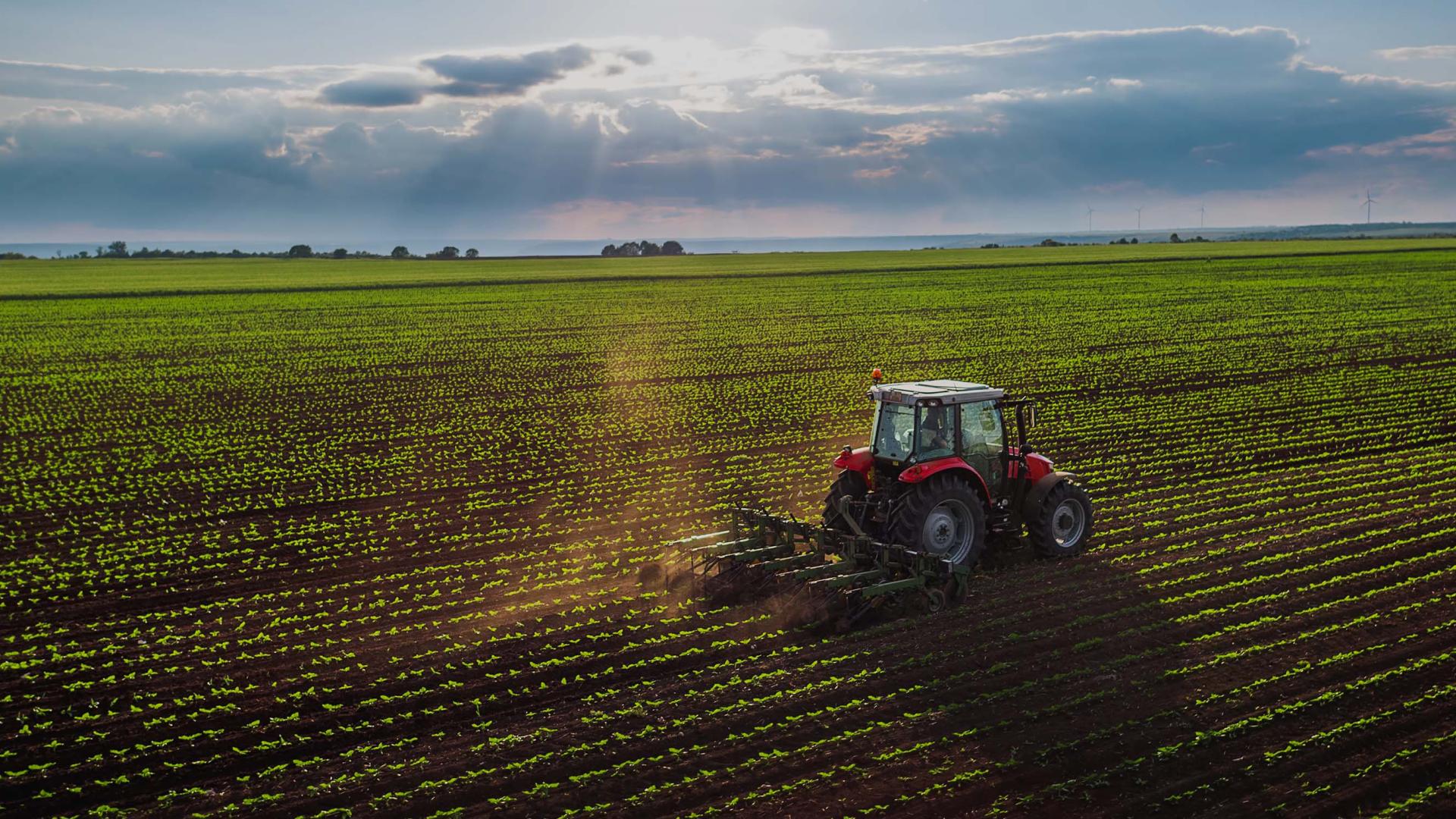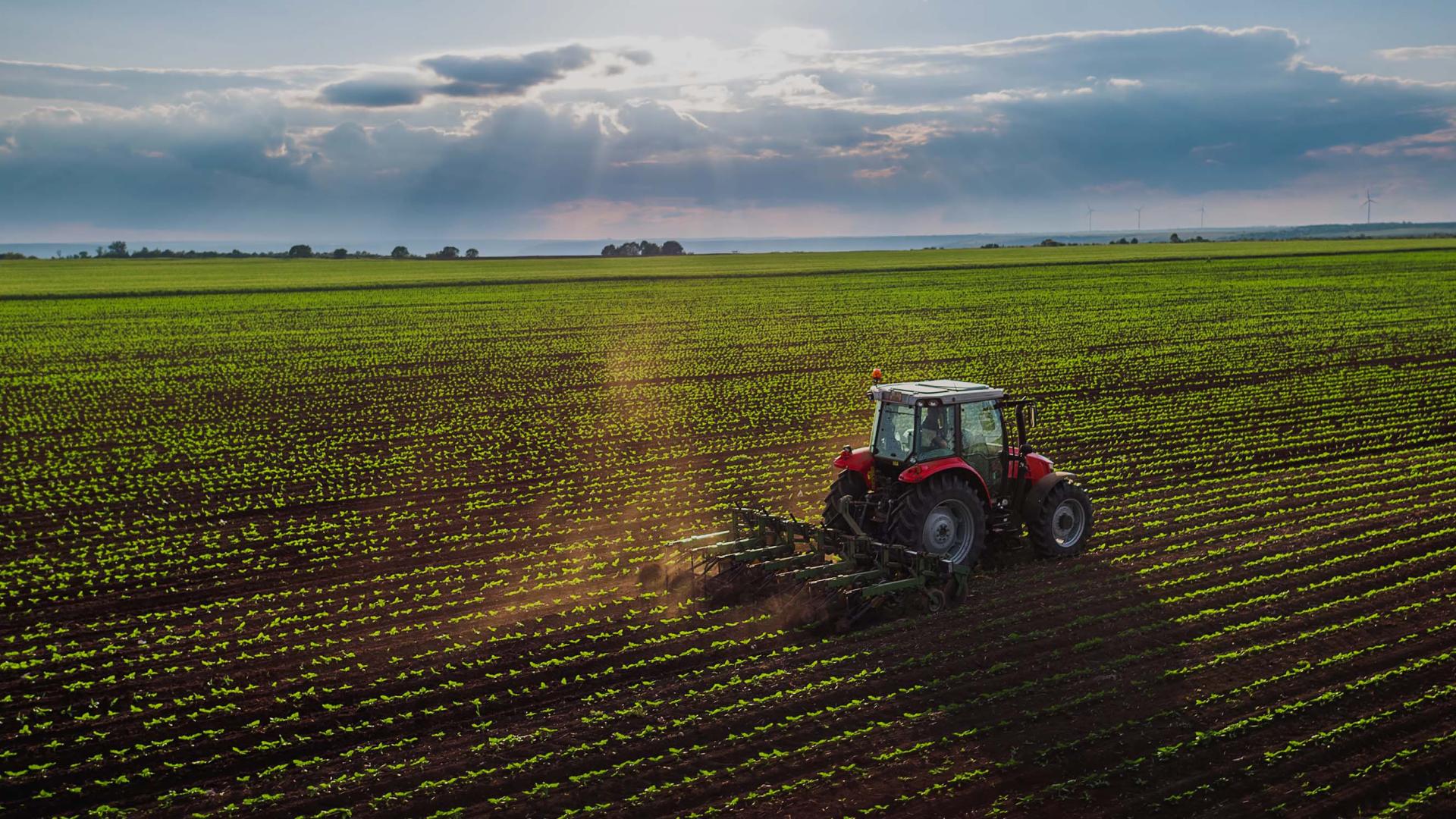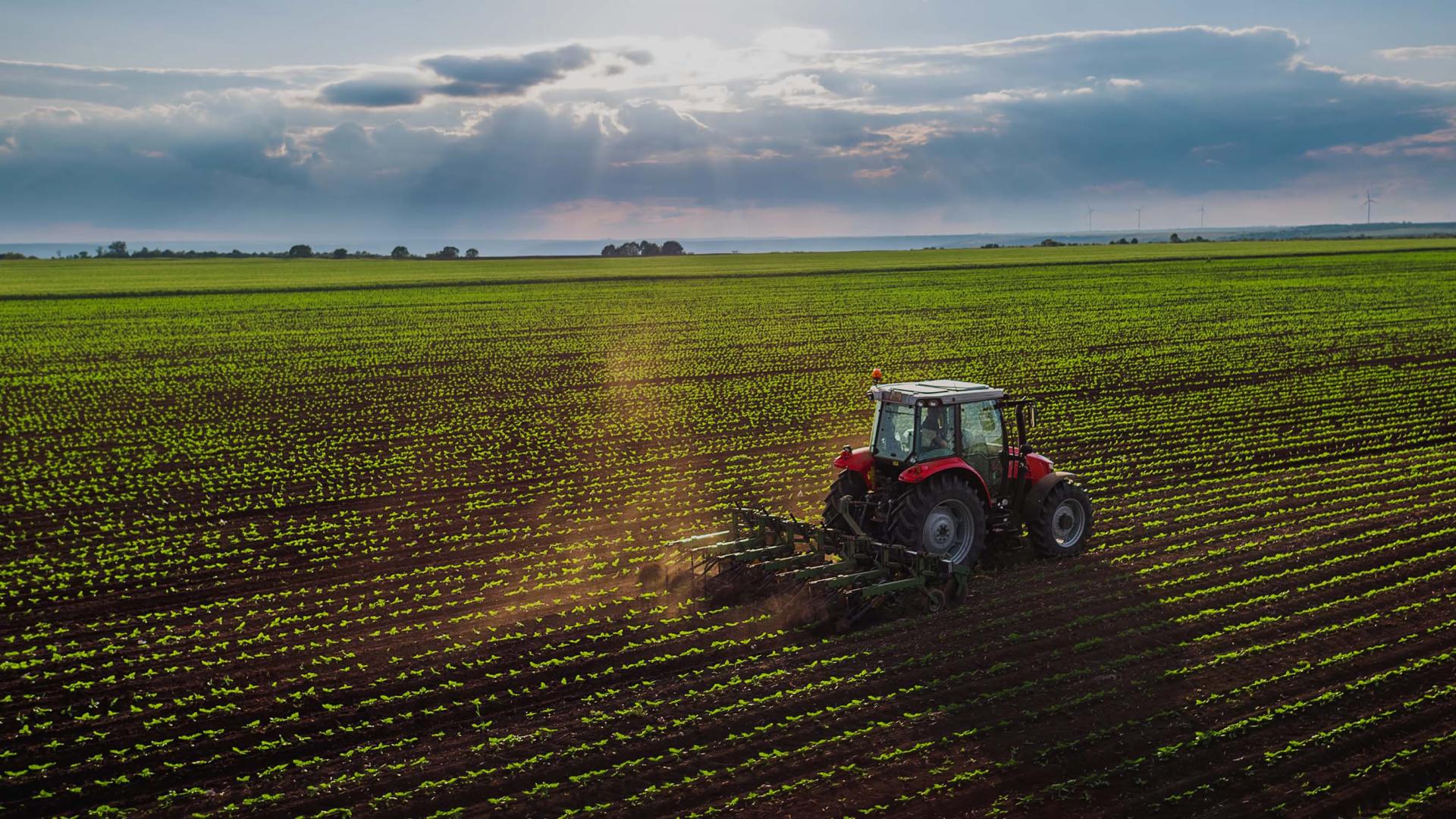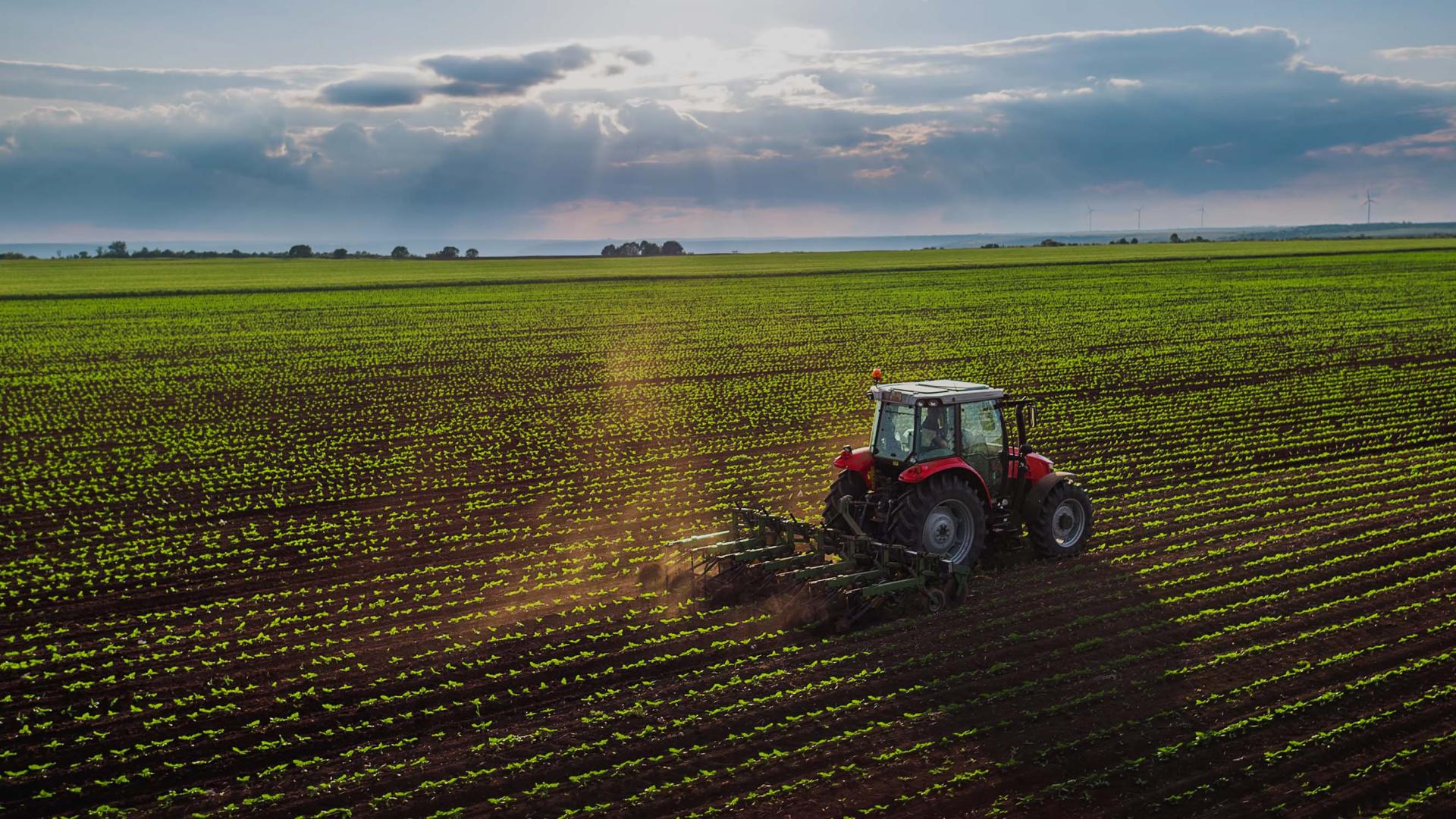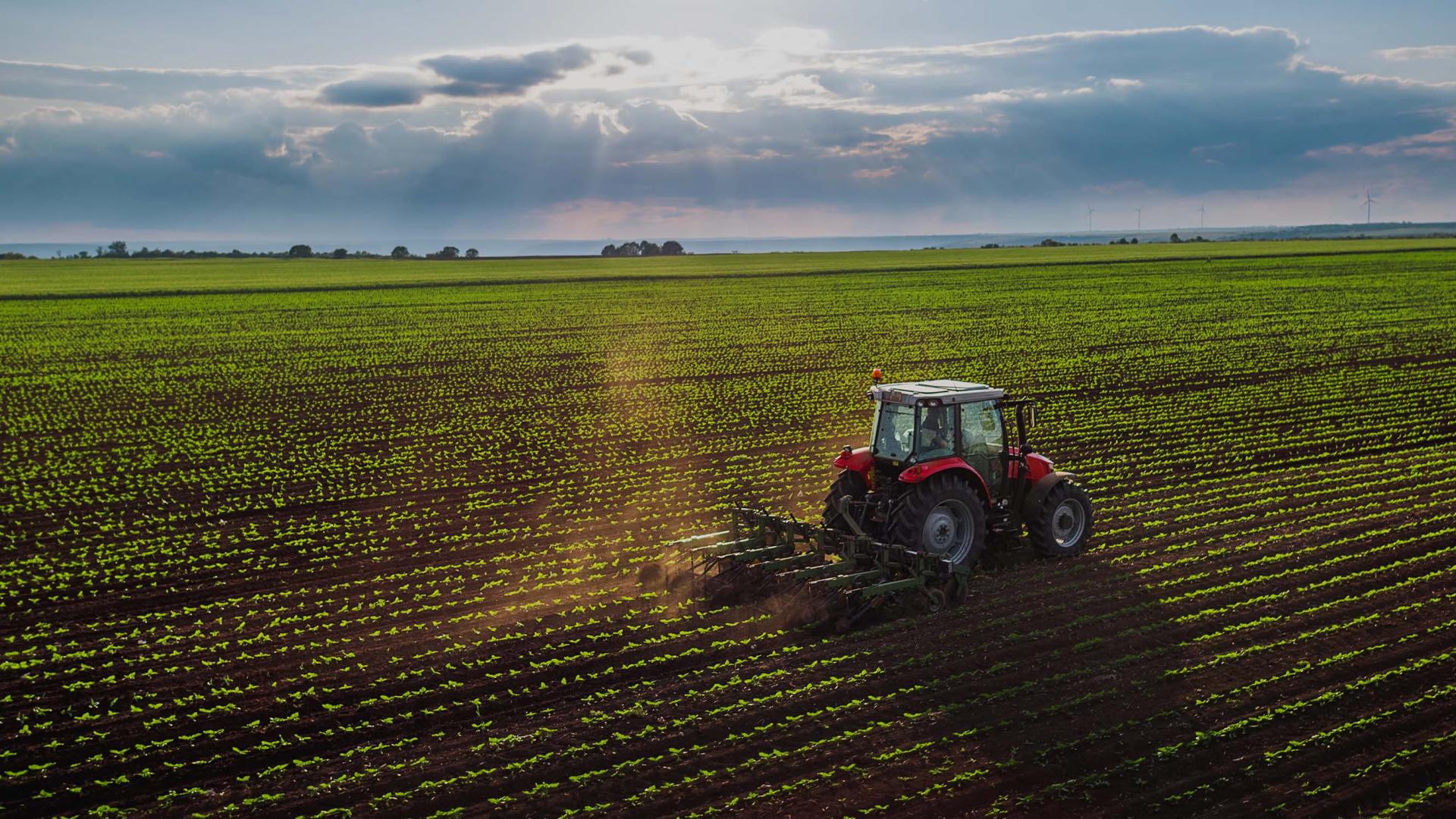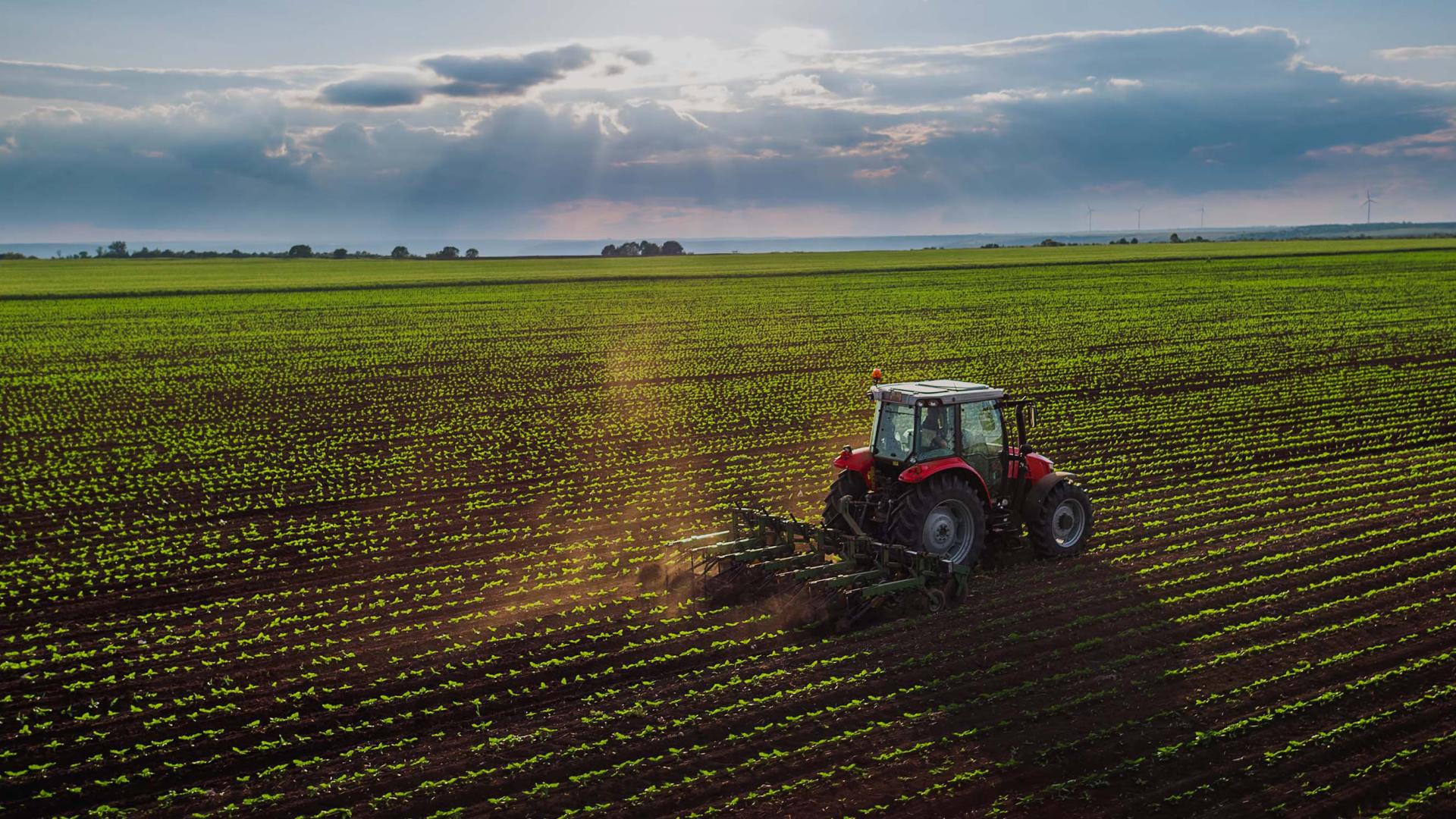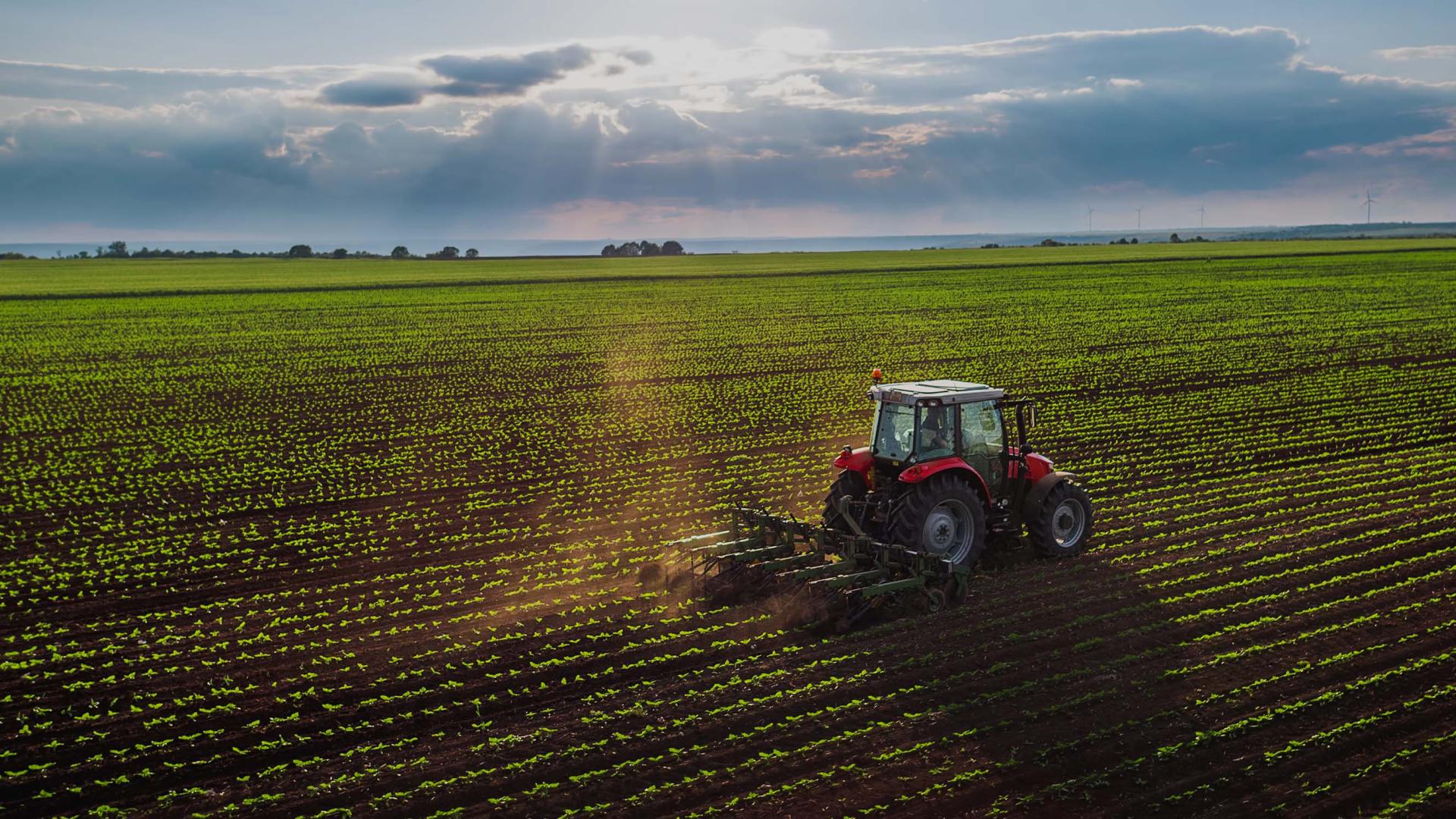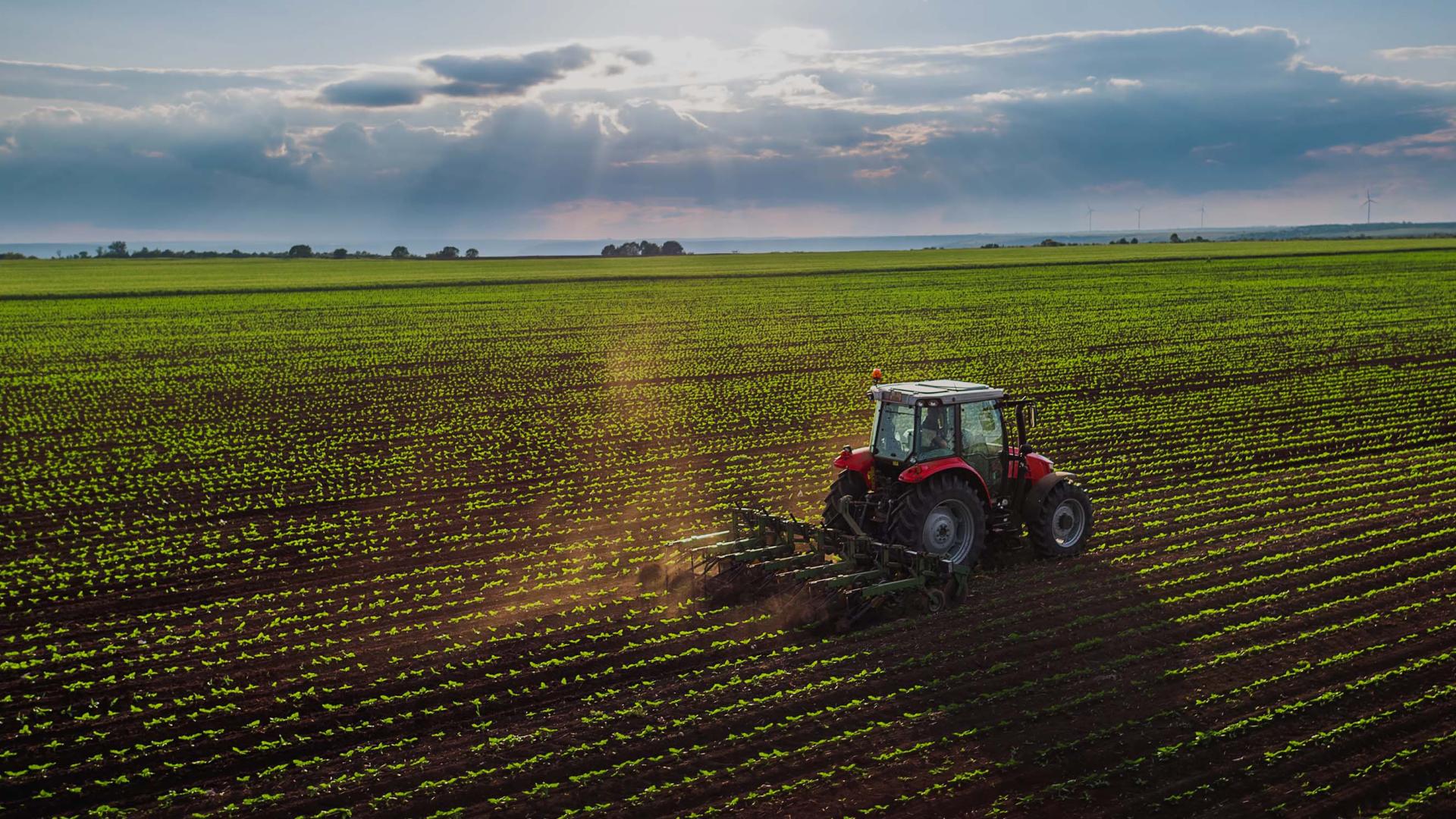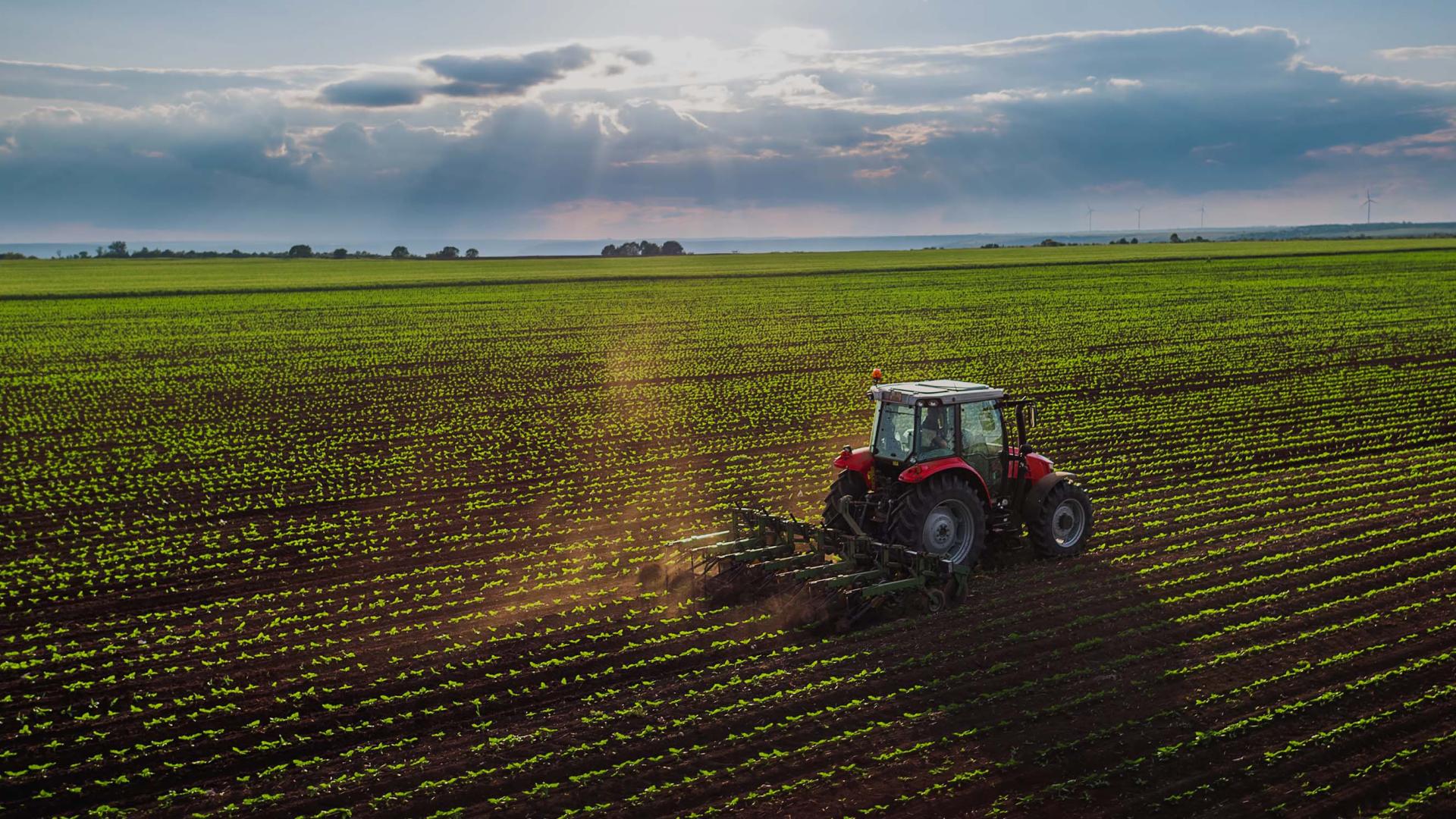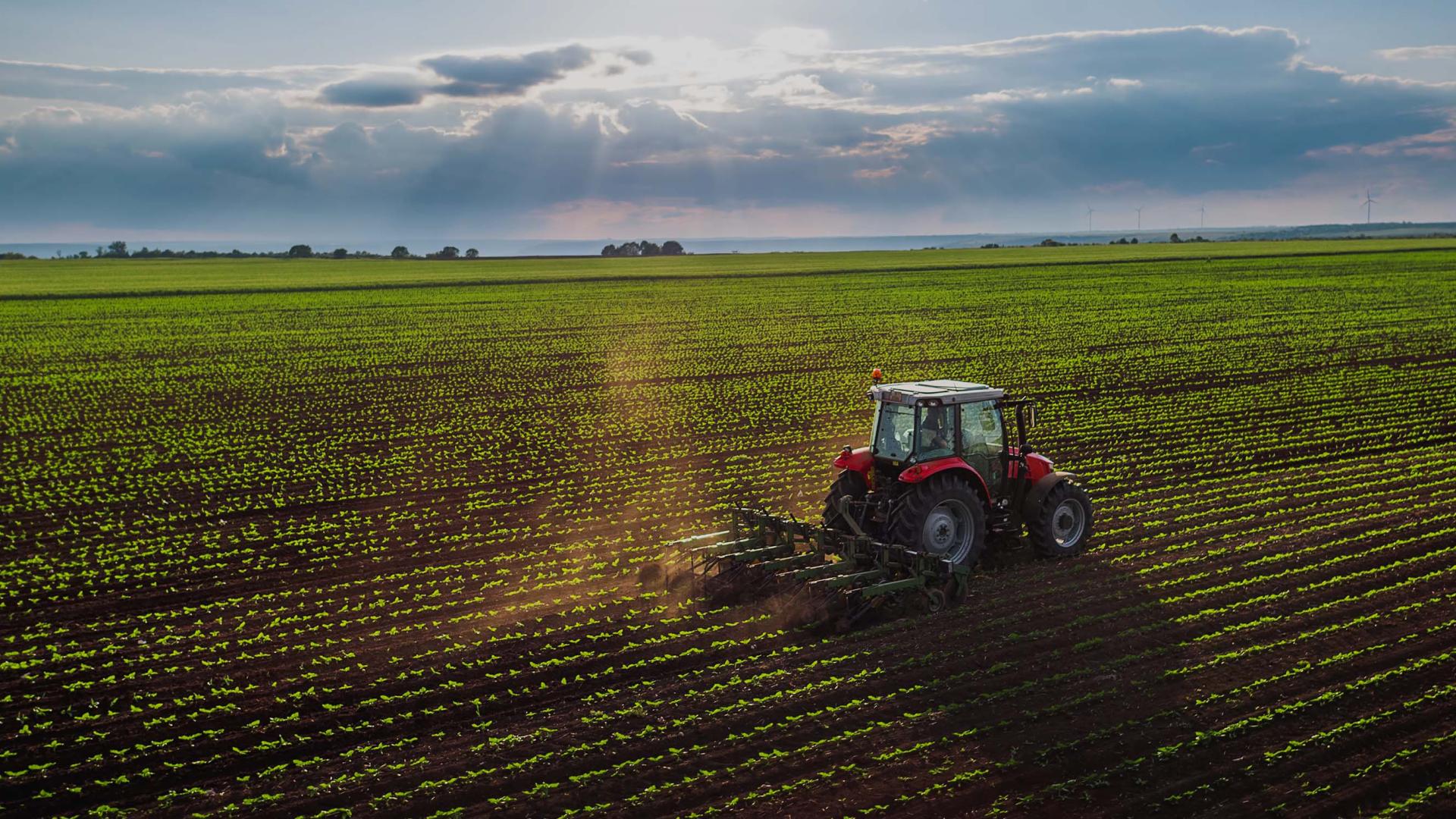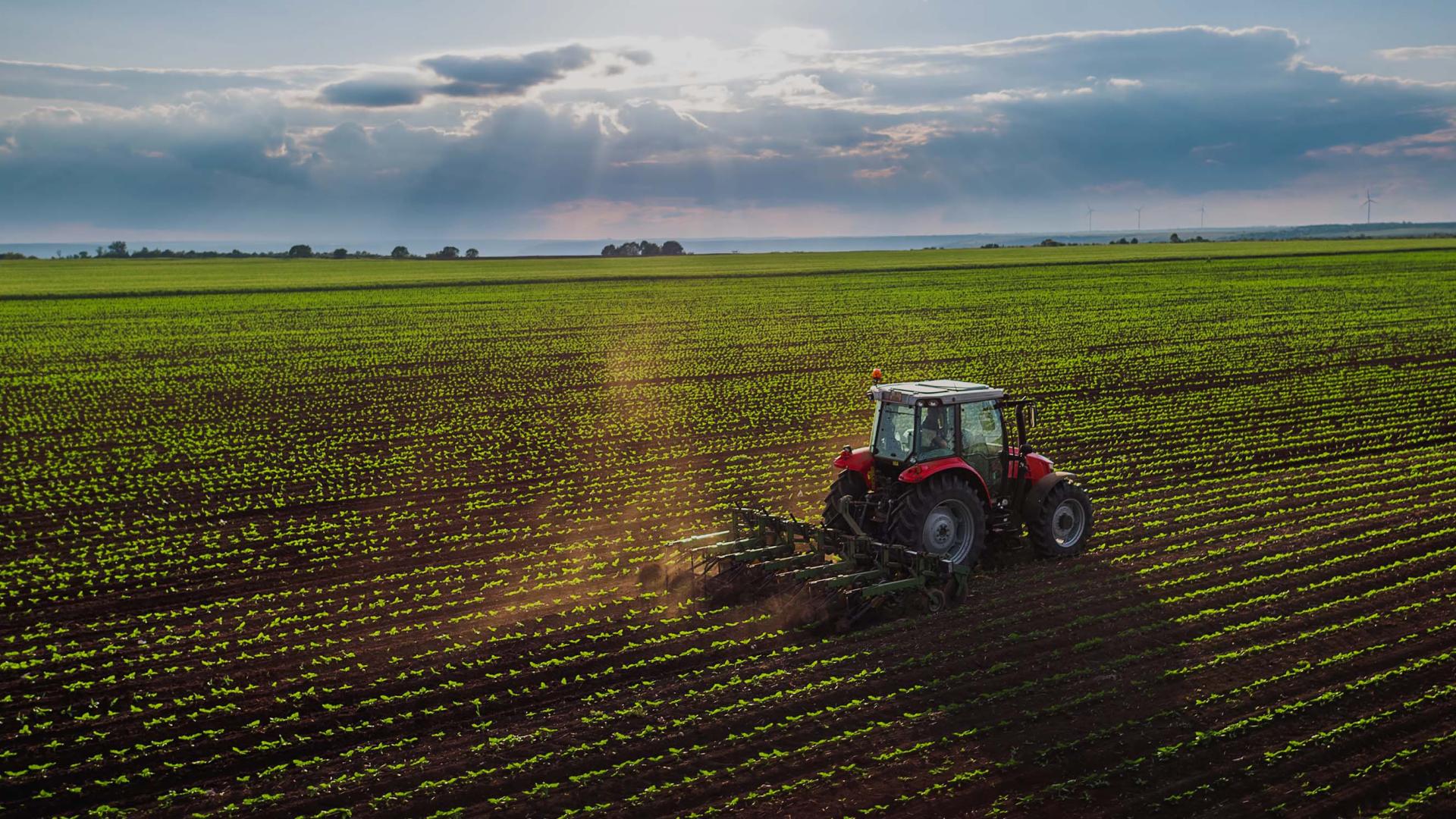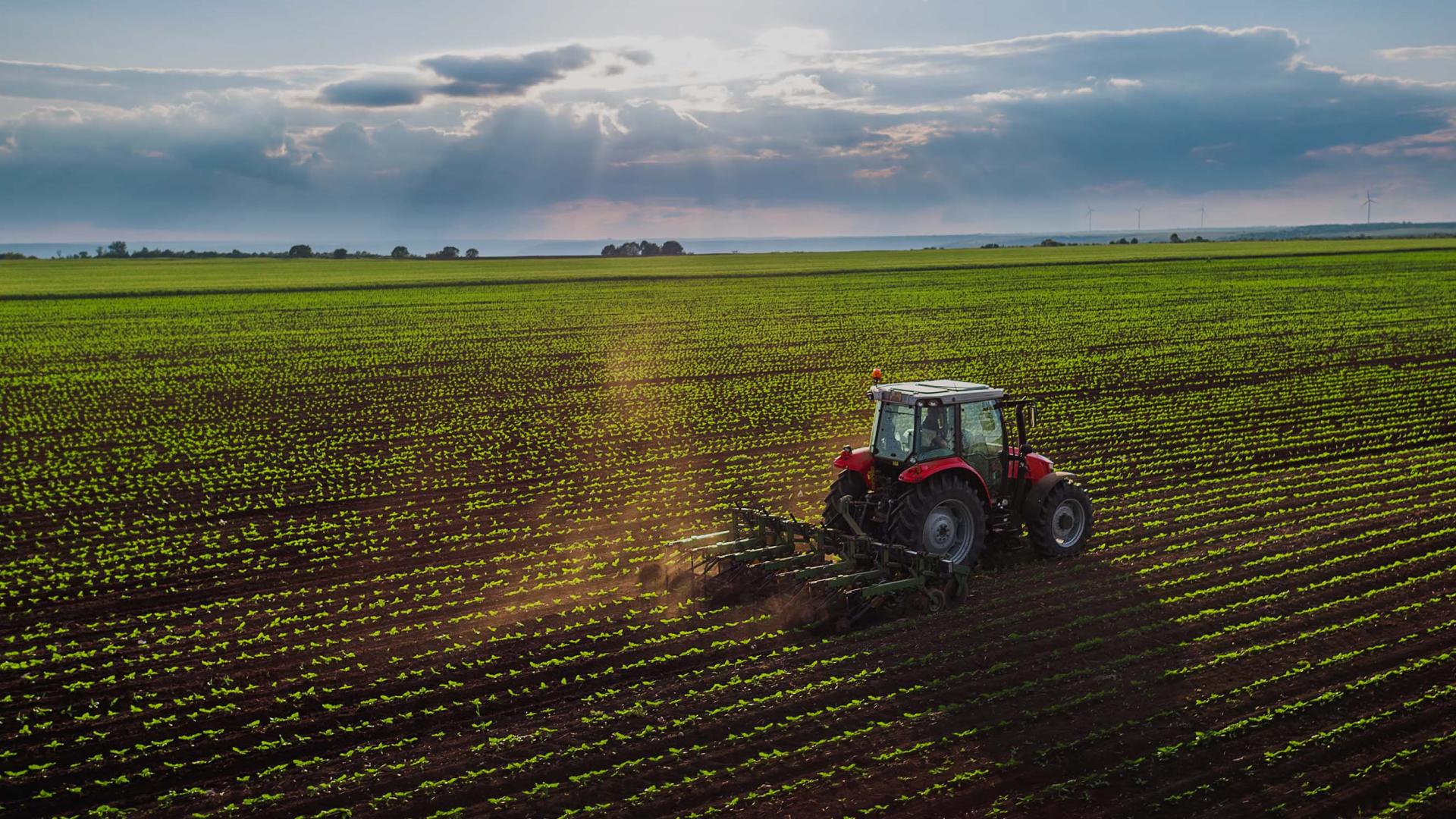Farm shops represent a unique blend of agricultural production and retail commerce, creating distinctive insurance needs that standard bus…
Organic Farm Insurance: Comprehensive Coverage for Certified Organic Operations
Introduction
Organic farming represents one of the fastest-growing sectors in agriculture, with consumers increasingly demanding sustainably produced food. However, organic farms face unique risks and challenges that traditional farming insurance may not adequately address. From certification compliance to premium product protection, organic farmers need specialized insurance coverage that understands the complexities of certified organic operations.
This comprehensive guide explores the essential insurance considerations for organic farms, helping farmers protect their investment in sustainable agriculture while maintaining their organic certification and market position.
Understanding Organic Farm Risks
Certification-Related Risks
Organic farms operate under strict certification standards that create unique liability exposures. Loss of organic certification can devastate a farm's revenue stream, as organic products typically command premium prices. Contamination from neighboring conventional farms, accidental use of prohibited substances, or documentation errors can all threaten certification status.
Premium Product Protection
Organic products often sell for 20-40% more than conventional alternatives, making crop losses particularly costly. Standard farm insurance may not recognize this premium value, potentially leaving organic farmers underinsured for their actual economic losses.
Supply Chain Vulnerabilities
Organic farms often rely on specialized suppliers for approved inputs, seeds, and processing facilities. Disruptions in these specialized supply chains can have more severe impacts than similar disruptions would have on conventional operations.
Contamination Risks
Cross-contamination from neighboring farms using conventional methods or prohibited substances poses a constant threat to organic operations. Even trace amounts of prohibited chemicals can result in loss of organic status for affected crops.
Essential Insurance Coverage Types
Organic Certification Protection
This specialized coverage protects against the financial losses associated with temporary or permanent loss of organic certification. It can cover:
- Lost premium income during re-certification periods
- Costs of re-establishing organic certification
- Emergency response costs for contamination incidents
- Legal expenses related to certification disputes
Enhanced Crop Insurance
Standard crop insurance programs may not adequately reflect the higher value of organic crops. Enhanced coverage options include:
- Premium price coverage that recognizes organic market values
- Organic transition coverage for farms converting to organic methods
- Specialty crop coverage for diverse organic operations
- Prevented planting coverage with organic price considerations
Contamination Liability Insurance
This coverage protects against claims arising from accidental contamination of neighboring properties or products. It covers:
- Third-party contamination claims
- Emergency response and cleanup costs
- Business interruption losses
- Legal defense expenses
Product Liability Coverage
Organic farms selling direct to consumers or through farmers markets face increased product liability exposure. Coverage includes:
- Foodborne illness claims
- Allergic reaction incidents
- Product recall expenses
- Defense against false advertising claims
Specialized Organic Farm Operations
Certified Organic Livestock
Organic livestock operations face unique challenges including:
- Higher veterinary costs due to restricted treatment options
- Premium feed requirements and supply chain risks
- Pasture management and organic land requirements
- Animal welfare compliance standards
Insurance considerations include coverage for organic feed contamination, increased mortality due to treatment restrictions, and business interruption from certification issues.
Organic Processing and Value-Added Operations
Many organic farms add value through on-farm processing. Additional coverage needs include:
- Processing equipment protection
- Product contamination coverage
- Facility certification maintenance
- Cold storage and preservation systems
Direct Marketing Operations
Organic farms often sell directly to consumers through:
- Farmers markets
- Community Supported Agriculture (CSA) programs
- On-farm stores
- Agritourism activities
Each of these activities requires specific liability coverage and business interruption protection.
Risk Management Strategies
Documentation and Record Keeping
Maintaining detailed records is crucial for both organic certification and insurance claims. Key documentation includes:
- Input purchase records and certifications
- Application logs and field histories
- Harvest and sales records
- Certification inspection reports
Buffer Zones and Contamination Prevention
Implementing adequate buffer zones and contamination prevention measures can:
- Reduce contamination risks
- Demonstrate due diligence to insurers
- Potentially qualify for premium discounts
- Protect certification status
Supplier Verification
Regular verification of organic input suppliers helps ensure:
- Continued access to certified materials
- Compliance with organic standards
- Supply chain security
- Risk mitigation
Financial Considerations
Premium Costs
Organic farm insurance premiums may be higher than conventional farm coverage due to:
- Higher crop values requiring increased coverage limits
- Specialized risks requiring additional coverage types
- Limited claims experience for actuarial calculations
- Smaller risk pools for specialty coverages
Cost-Benefit Analysis
When evaluating organic farm insurance, consider:
- The premium income differential for organic products
- Potential losses from certification issues
- Market access risks
- Long-term investment protection
Available Discounts
Some insurers offer discounts for:
- Comprehensive risk management programs
- Sustainable farming practices
- Safety training completion
- Multi-policy bundling
Choosing the Right Insurance Provider
Organic Farming Expertise
Select insurers with demonstrated experience in organic agriculture, including:
- Understanding of organic certification requirements
- Experience with organic-specific claims
- Knowledge of organic market dynamics
- Relationships with organic industry organizations
Coverage Flexibility
Look for insurers offering:
- Customizable coverage options
- Seasonal adjustment capabilities
- Multi-peril coverage packages
- Value-added services
Claims Handling Experience
Evaluate insurers based on:
- Organic farm claims experience
- Speed of claims processing
- Understanding of organic business interruption
- Relationships with organic industry experts
Regulatory and Compliance Considerations
Organic Standards Compliance
Insurance coverage should align with organic certification requirements, ensuring that coverage doesn't conflict with organic standards or create compliance issues.
Government Program Participation
Many organic farms participate in government programs that may affect insurance coverage:
- USDA Organic Certification Cost Share Program
- Environmental Quality Incentives Program (EQIP)
- Conservation Reserve Program (CRP)
- Risk Management Agency crop insurance programs
State and Local Regulations
Consider how state and local regulations affect organic operations and insurance needs:
- Pesticide drift regulations
- Water quality standards
- Zoning restrictions
- Direct marketing regulations
Emerging Trends and Future Considerations
Climate Change Impacts
Climate change poses increasing risks to organic farms through:
- Extreme weather events
- Shifting pest and disease pressures
- Water availability challenges
- Temperature and precipitation changes
Insurance coverage must evolve to address these changing risk patterns.
Technology Integration
Modern organic farms increasingly rely on technology for:
- Precision agriculture applications
- Monitoring and documentation systems
- Marketing and sales platforms
- Supply chain management
Technology-related coverage needs continue to expand.
Market Evolution
The organic market continues evolving with:
- New product categories and certifications
- Changing consumer preferences
- International trade considerations
- Regulatory updates and changes
Implementation Steps
Risk Assessment
Begin with a comprehensive risk assessment covering:
- Current operation analysis
- Certification status review
- Market position evaluation
- Financial exposure calculation
Coverage Design
Work with experienced agents to design coverage addressing:
- Specific operational risks
- Certification protection needs
- Market value considerations
- Growth and expansion plans
Policy Management
Establish systems for:
- Regular coverage reviews
- Claims reporting procedures
- Documentation maintenance
- Risk management updates
Conclusion
Organic farm insurance requires specialized knowledge and coverage options that address the unique risks of certified organic operations. From certification protection to premium product coverage, organic farmers need insurance solutions that understand the complexities of sustainable agriculture.
The investment in comprehensive organic farm insurance protection pays dividends through:
- Protection of certification status and premium markets
- Coverage for specialized risks and higher-value products
- Peace of mind for sustainable farming operations
- Support for long-term business sustainability
As the organic sector continues growing, insurance coverage must evolve to meet the changing needs of organic farmers. Working with knowledgeable insurance professionals who understand organic agriculture ensures that coverage keeps pace with operational needs and industry developments.
Organic farming represents not just an agricultural method but a commitment to sustainable practices and premium quality. Proper insurance protection helps ensure that this commitment can continue even when unexpected challenges arise, supporting the long-term viability of organic operations and the broader sustainable agriculture movement.


 0330 127 2333
0330 127 2333
